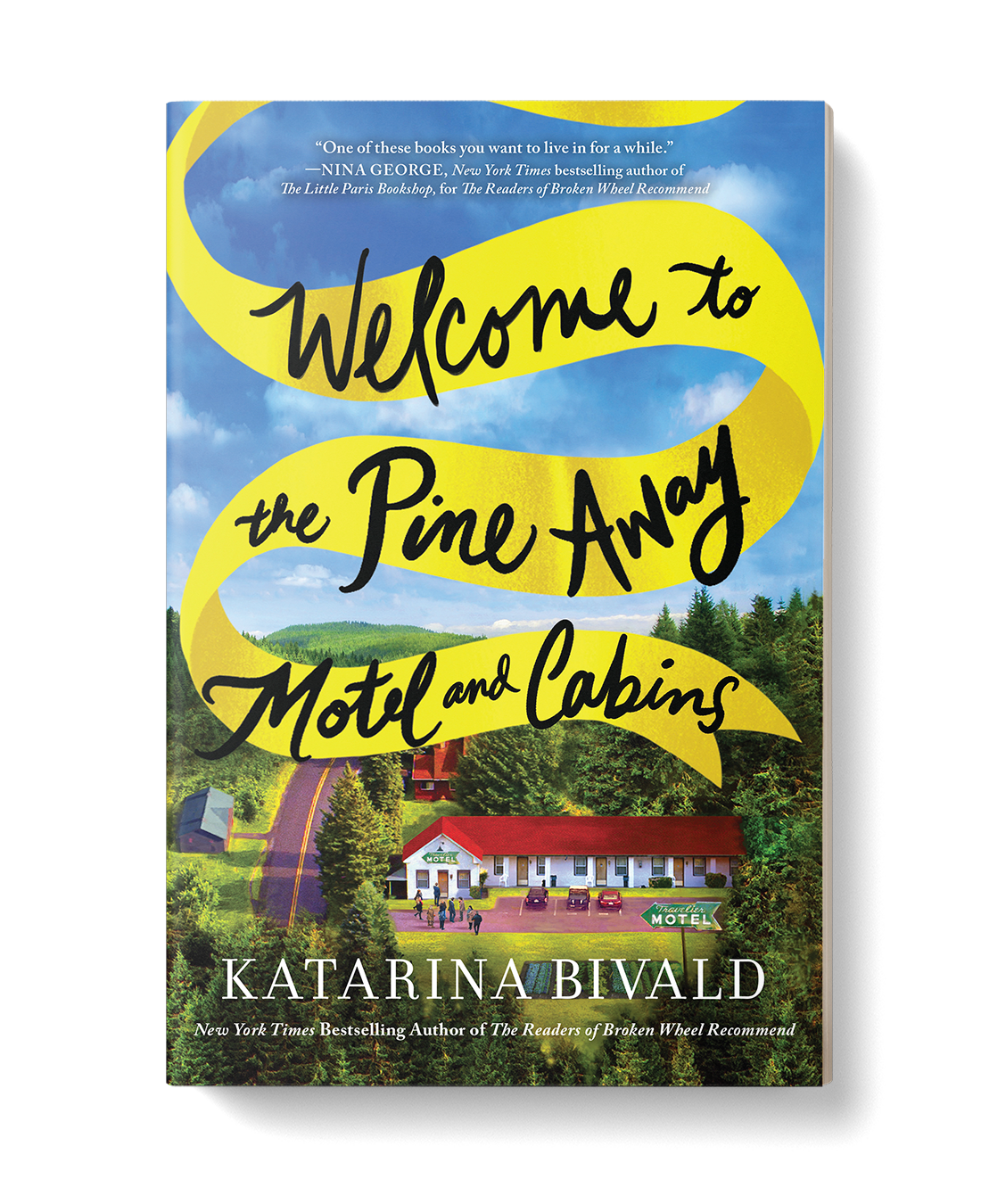May I introduce you to my Henny?
I have always said that the best thing about being a writer is that it’s a socially acceptable way of having imaginary friends as an adult. And when your book gets published, that’s when the real magic happen – it’s like having imaginary friends that other people can suddenly see and talk to and, well, hopefully, like.
Nothing pleases me more than when a readers likes someone in my story. It’s the deep satisfaction of introducing friends to each other and watch them hit it off. Of course, nothing is mor agonzing than when readers really don’t like someone in your books. You know that the person is great, but someone else is just not seeing it, and it’s obviously your fault for not getting the person across better. My very first review for The Readers of Broken Wheel Recommend, in a local Swedish newspaper, called Tom “the most boring love interest in the history of world literature. He makes Madame Bovarys husband seem like a veritable Don Juan.”
This was approximately six years ago and the memory obviously hasn’t faded.
So it’s a nervous time, when your book is suddenly out there for everyone to meet, and even more so this time, I think, because Henny means so very much to me. She’s brave, much braver than I am, and she loves without safety nets or limits. She’s a loyal friend. She looks at the world with open eyes, but without falling into cynicism. And of course she dies, in the very first chapter. It makes loving more difficult, but not, for Henny, impossible.
So without further ado, may I introduce you to Henny, an old and very dear friend to me? I hope she will be as friendly a ghost in your life as she has been in mine!
You can buy it here, but of course – please consider buying your copy at a local bookshop to support our amazing independent bookshops! Or find it at your local library, or borrow it from a friend, or listen to it as audiobooks, or any other way you like to find your imaginary friends.




